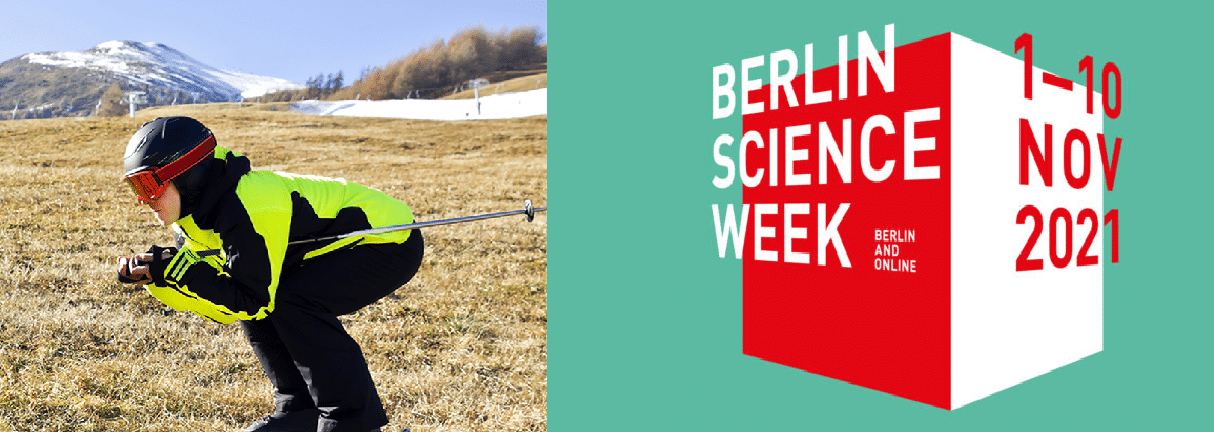
Why Is Climate Action So Hard? PERITIA at the Berlin Science Week
PERITIA is happy to participate one more year in the Berlin Science Week, the biggest science festival in the capital of Germany. This time, we will contribute to the event with an online lecture of our series of Public Lectures [Un]Truths: Trust in an Age of Disinformation. Philosopher Philip Kitcher (University of Columbia) will be responding the question “Why Is Climate Action So Hard?“. Dr Shane Bergin (University College Dublin) will be the host of the event and moderator of the Q&A session.
Philip Kitcher is John Dewey Professor Emeritus of Philosophy at Columbia University. Before, he taught at the University of California, San Diego, and of Minnesota. Early in his career, he was primarily interested in philosophy of mathematics and general philosophy of science. During the late 1970s, he became very concerned with the philosophy of biology. That concern led him to investigate not only conceptual and methodological issues in biology, but also questions about the relations of biological research to society and politics. During the 1990s, his interests broadened further to embrace the role of scientific inquiry in democratic societies. Since coming to Columbia, that line of investigation has been further elaborated in relation to pragmatism (especially William James and John Dewey). Part of this work advances a program for naturalistic ethics (one he takes to be Deweyan in spirit). He has also developed a program of research in philosophical themes in literature and music, focusing so far on Joyce and Wagner, and, in a recent book, on Thomas Mann and Mahler.
Climate action has been sporadic, and far too slow. But why?
In his lecture, he will be addressing why climate action has been sporadic, and far too slow. According to him, “yet, even in places where the scientific findings have been accepted, and even as skepticism is waning, the response remains sluggish”. He suggests two main causes:
1- Current inequalities, within and between nations, generate a four-sided dilemma (or quadrilemma). Besides the impact on future generations, many nations and many people reasonably fear that their own futures will be devastated by the kinds of action proposed, unless serious efforts are made to protect and aid them – and they do not expect those efforts to be made.
2- The probabilistic character of the decision problem, coupled to our ignorance of the crucial probabilities (both now and in the foreseeable future), fosters the illusion that the safest course is not to modify the status quo.
The lecture will present the predicament, explain the two main causes of inaction, and offer some proposals for making progress. The best hope for a remedy would be to organize a world-wide venture in deliberative democracy, in which the quadrilemma was systematically confronted, and attempts were made to satisfy all constituencies. It is almost certain that any solution will not only have to revive democracy at the most fundamental level, and also mitigate the character of contemporary global capitalism.


